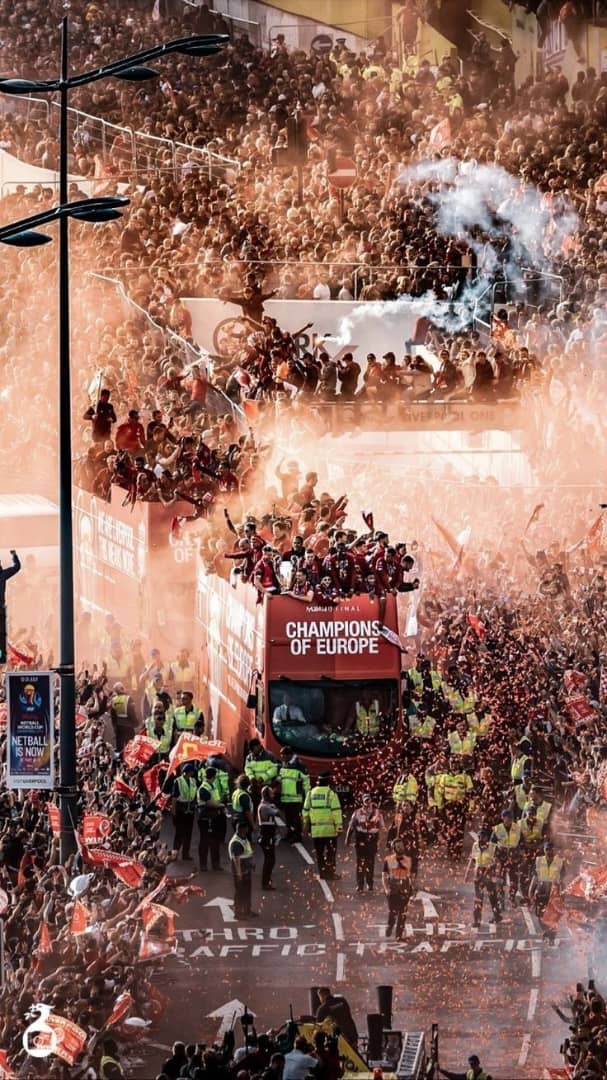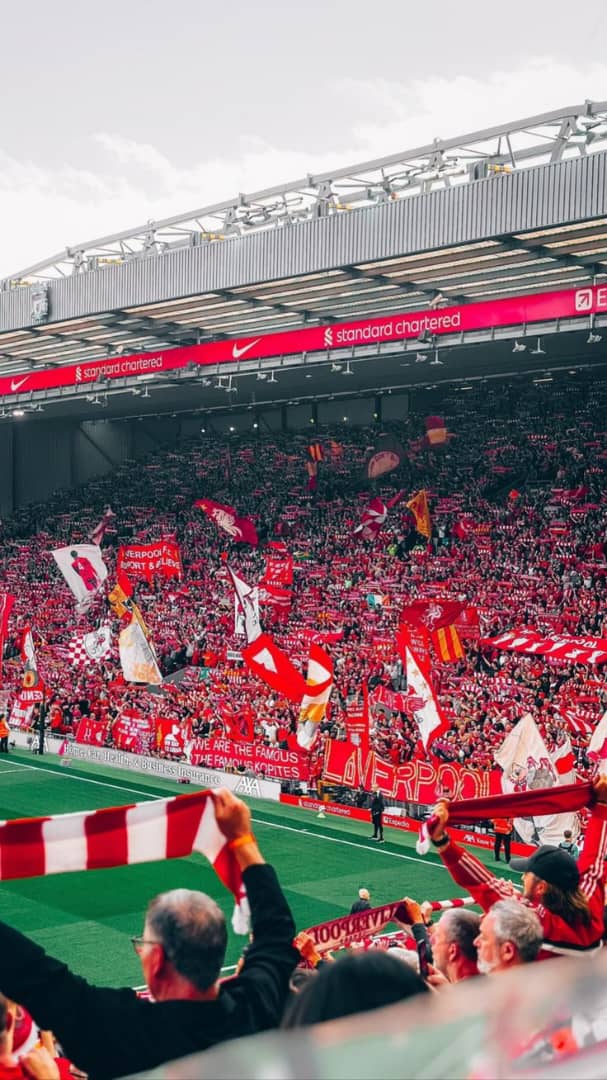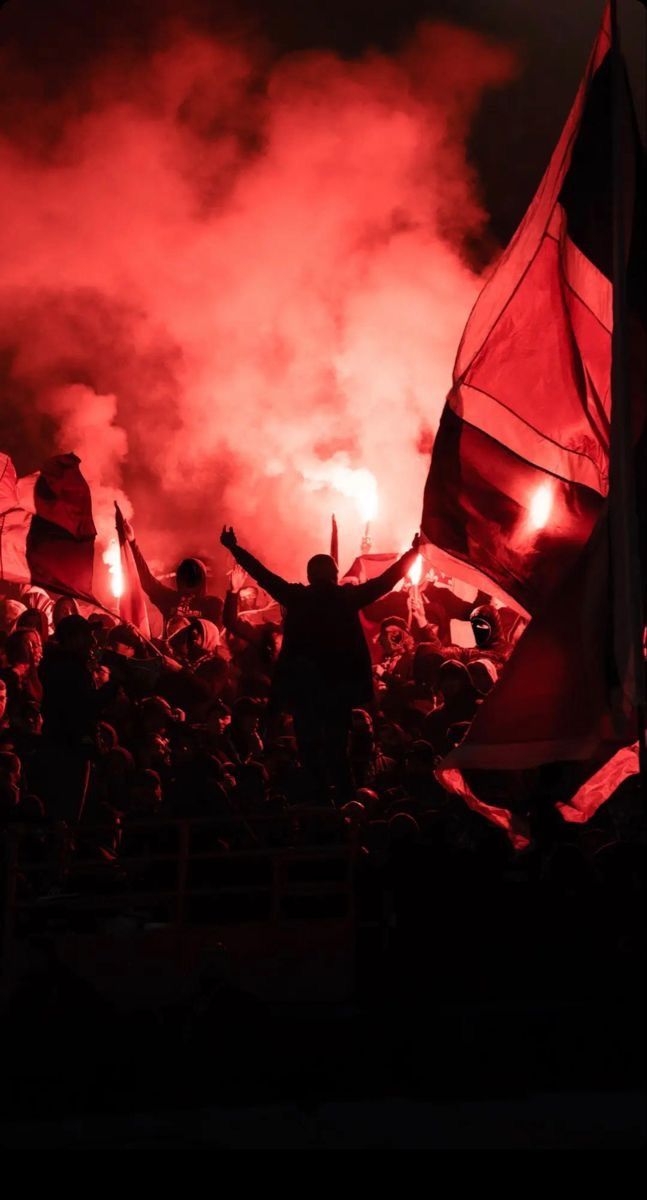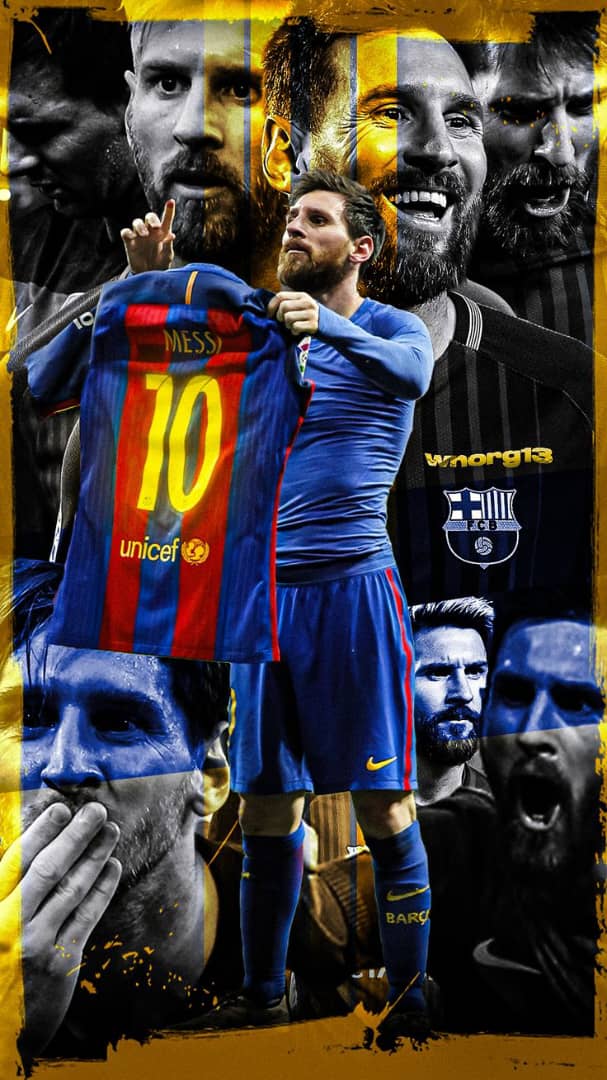
Part 1: Introduction – The Power of the Game (~1,200 words)
Football: More Than Just a Game
Football is more than a game; it’s a *global phenomenon. With over **5 billion fans worldwide, it touches lives in ways no other sport can. In Brazil, children dream of becoming the next Pelé. In England, stadiums echo with chants that bind generations. In Nigeria, fans sit on plastic chairs in dusty courtyards, eyes glued to flickering TV screens. Football is both *tribal and universal, local and global, emotional and symbolic.
Why do fans scream, cry, and pray over a ball being kicked into a net?
The answer lies in psychology.
Part 2: Identity and Belonging – Finding Our Tribe (~1,800 words)
Social Identity Theory and Club Loyalty
Football fans often say “we won” when their team succeeds—even though they never kicked a ball. This is explained by Social Identity Theory, which states that people gain self-esteem and identity through group membership. Supporting a football club provides:
- A sense of belonging
- A shared identity
- An emotional support system
Wearing a club’s jersey or attending matches connects you with something greater than yourself. Your team’s victories become personal triumphs.
Regional and Cultural Identity
Clubs like Athletic Bilbao and Celtic FC are not just football teams—they represent *ethnic and national pride. In regions with political conflict, football becomes a *peaceful battlefield, a safe outlet to express suppressed identities.
Part 3: Emotion and Euphoria – The Rollercoaster Ride (~2,000 words)
The Neuroscience of Fandom
Football triggers massive emotional highs and lows. Studies show that watching football can:
- Increase dopamine levels (the pleasure chemical)
- Spike testosterone (especially in men when their team wins)
- Activate mirror neurons, making us feel like we’re on the pitch
These chemical reactions mimic what we experience during real-life events like falling in love or achieving success.
Catharsis and Emotional Release
When fans cry after a last-minute goal or a heartbreaking loss, they are experiencing *catharsis—an emotional purging that can be **therapeutic. Football becomes a tool to *channel emotion, especially in cultures where emotional expression is discouraged.
Part 4: Rituals, Superstitions, and Collective Memory (~1,800 words)
Ritualistic Behavior
Fans wear lucky jerseys, sit in the same spot, or kiss amulets before matches. This is not madness—it’s a form of ritual behavior that gives a sense of control in an unpredictable game.
Shared Memories
Supporters often bond over key historical moments—Diego Maradona’s “Hand of God”, Iniesta’s goal in 2010, or Senegal’s World Cup run in 2002. These moments become collective memories, binding fans across generations and borders.
Part 5: Tribalism, Rivalries, and Hostility (~2,000 words)
In-group vs. Out-group Dynamics
Derbies like Barcelona vs Real Madrid or Boca Juniors vs River Plate are not just games—they are *wars of identity. Fans experience *schadenfreude (pleasure in others’ misfortune) when rivals lose, and deep anguish when they win.
The Psychology of Hooliganism
In extreme cases, this tribal identity turns violent. The mob mentality takes over, where individual accountability fades and group emotion dominates. Psychologists liken this to deindividuation—when people lose themselves in the crowd.
Part 6: The Influence of Heroes and Role Models (~1,500 words)
Parasocial Relationships
Fans form one-sided relationships with players like Messi or Ronaldo. This is called a parasocial relationship, where the fan feels emotionally connected despite no personal interaction.
Identification with Players
When a player comes from a humble background and rises to fame, fans see themselves in the player. This connection is psychologically fulfilling and fuels loyalty.
Part 7: The Global Game and Cultural Psychology (~2,000 words)
Cross-Cultural Commonality
From Tokyo to Lagos to Buenos Aires, football transcends language and geography. Despite cultural differences, the psychological needs football satisfies—belonging, excitement, escape—are universal.
Football as Modern Mythology
Like ancient heroes of mythology, modern footballers embody *courage, trickery, grace, and sacrifice. Their stories are played out in front of millions, providing psychological narratives that mirror *human struggle and glory.
Part 8: Escapism and Fantasy (~1,500 words)
A Break from Reality
For 90 minutes, fans forget about job stress, political unrest, or personal issues. The stadium becomes a theatre, a sanctuary where the real world is suspended.
Football and Mental Health
Studies indicate that football fandom can reduce loneliness and *depression. Being part of a fan community often provides *social support, especially for men who may struggle with emotional vulnerability.
Part 9: Fandom in the Digital Age (~1,500 words)
The Rise of Online Tribes
With social media, fans connect globally, forming communities on platforms like Twitter, Reddit, and YouTube. These online spaces replicate the stadium’s atmosphere in a virtual realm.
Toxic Fandom and Trolling
However, online anonymity also breeds *toxicity—harassment of players, racism, and fan wars. The psychology here involves *online disinhibition and projection of personal frustration onto players.
Part 10: Commercialization and the Fan Identity Crisis (~1,500 words)
Feeling Betrayed by Modern Football
Many fans struggle with the corporatization of football—rising ticket prices, club takeovers, and sponsors. This creates a fan identity crisis: Do we support a team or a brand?
Loyalty vs. Consumerism
Modern fans are both supporters and consumers. This dual identity creates tension—between emotional loyalty and economic exploitation.
Part 11: The Evolution of Fan Psychology (~1,200 words)
Generational Differences
Older fans value club loyalty and local identity. Younger fans, raised in the era of global football, may support players over clubs, or follow multiple teams. This shift represents a psychological evolution of fandom.
From Spectator to Participant
FIFA video games, Fantasy Football, and fan forums make fans active participants. This creates a more immersive but also more emotionally volatile experience.
Part 12: Conclusion – Why We’ll Always Be Fans (~1,000 words)
Football fandom is not a hobby—it’s a psychological commitment, deeply rooted in identity, emotion, community, and ritual. Through heartbreaks and euphoria, we stick with our teams because football mirrors life itself.
It is our *hope, our **ritual, our **mythology, and our *tribe.
And that’s why, no matter how modern or digital it becomes, we’ll always be fans.





